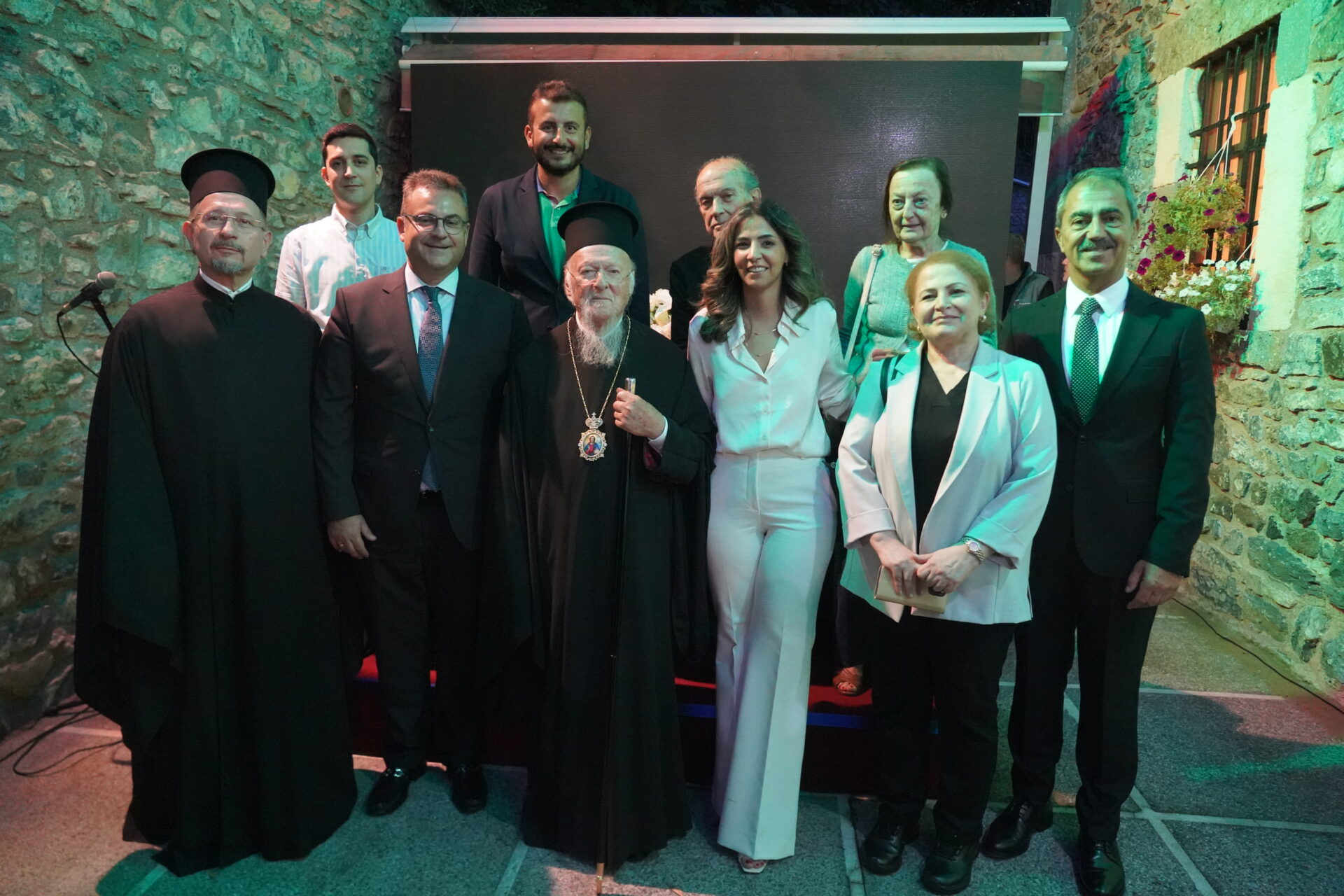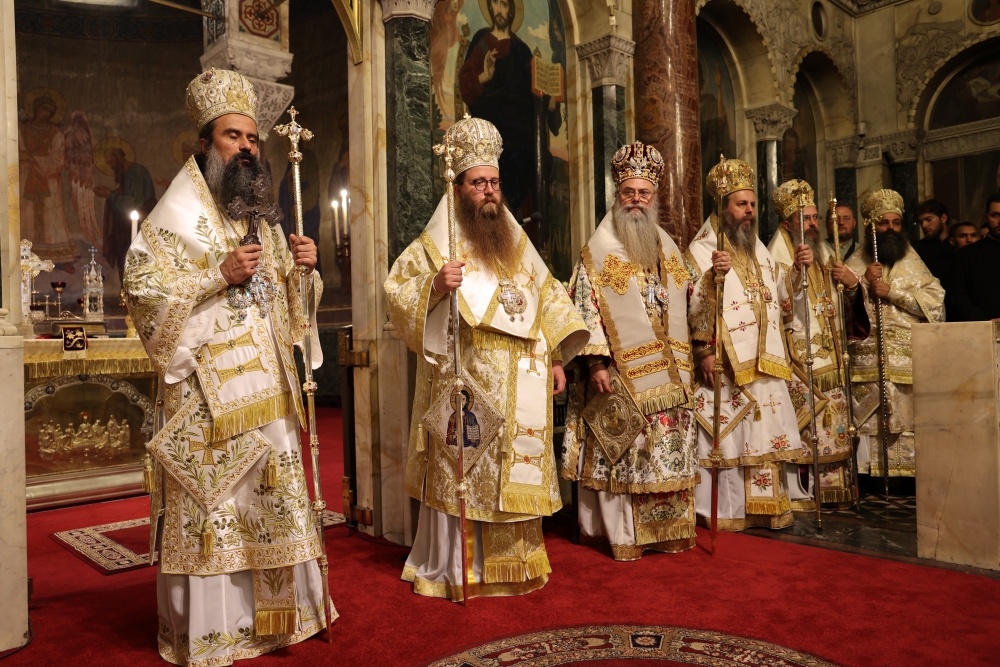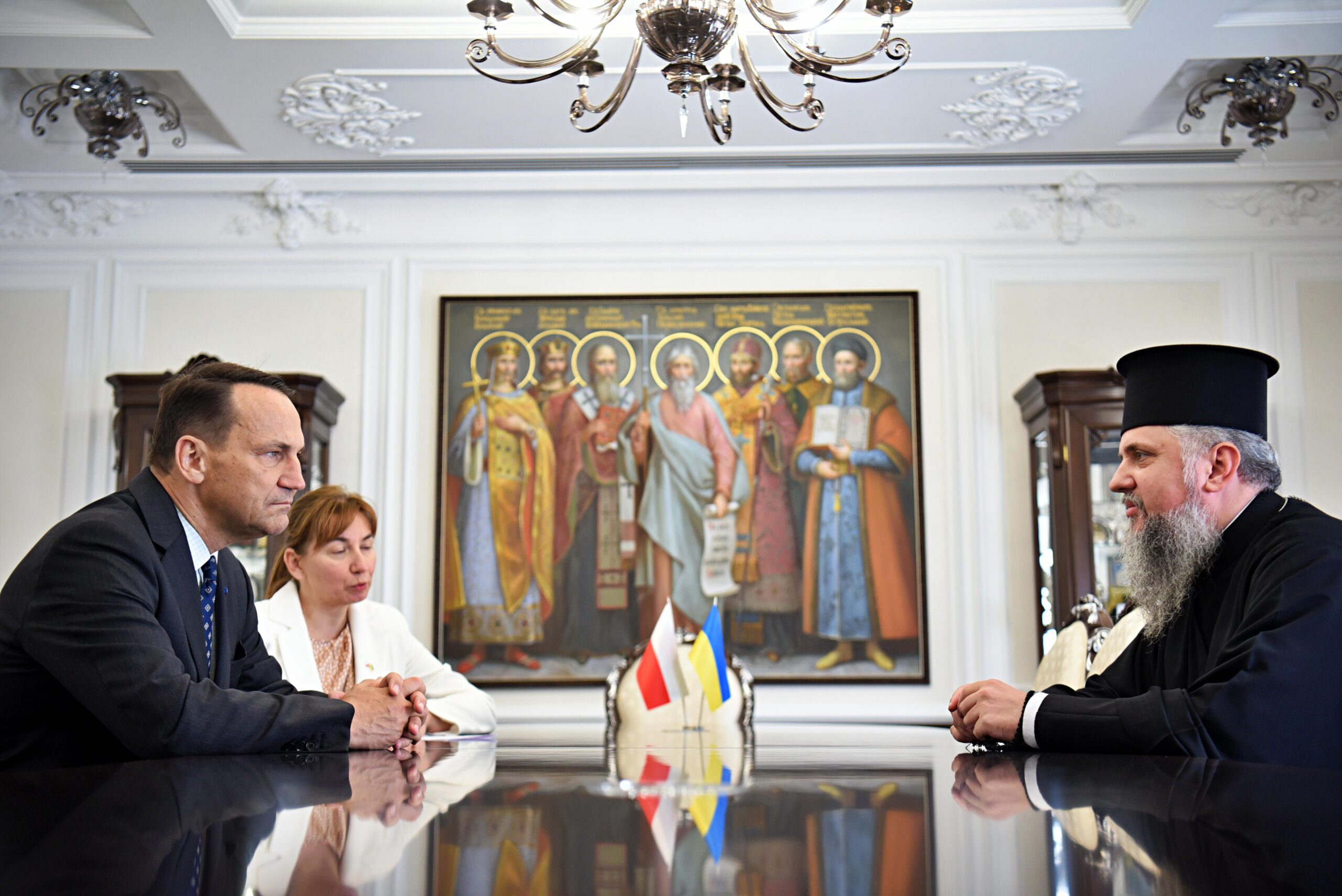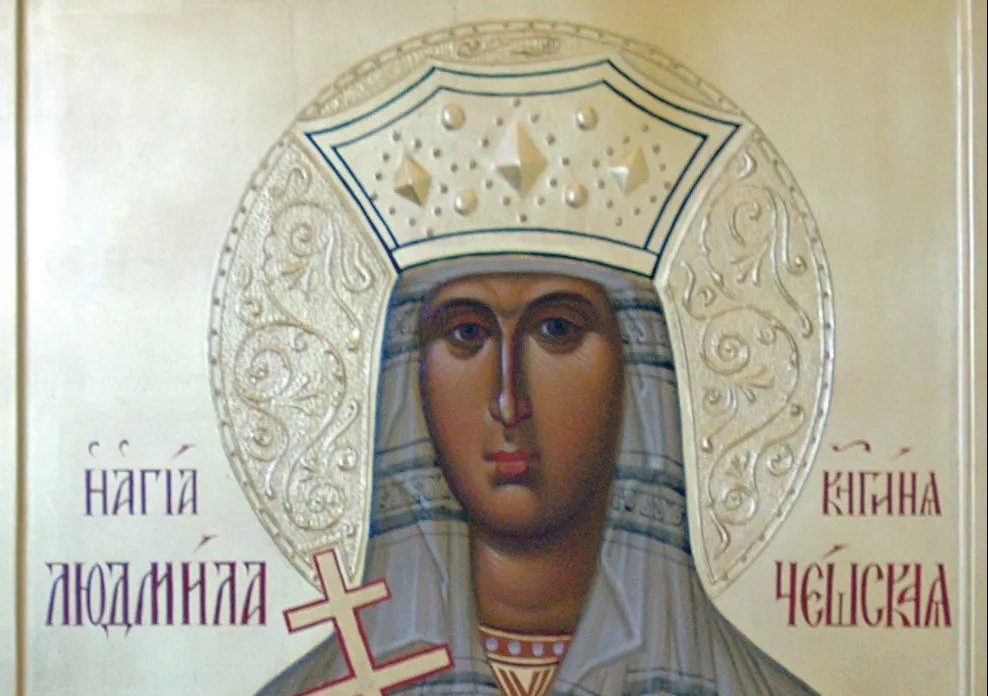Saint Daniel of Katounakia (7 September)
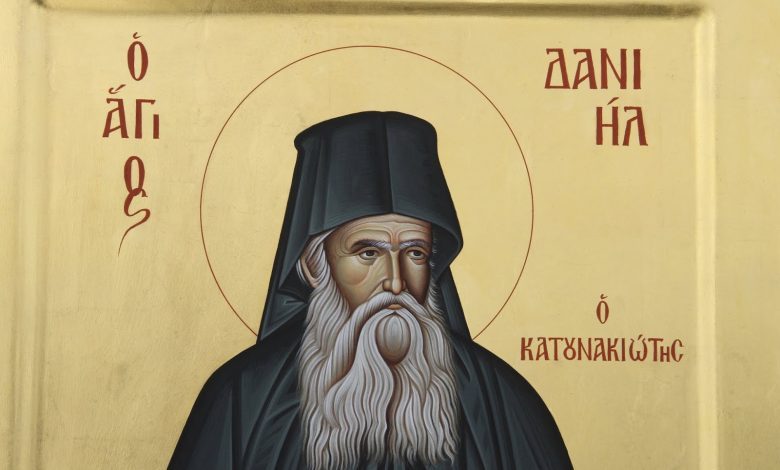

Synaxarion of our Venerable Father Daniel of Katounakia
On this day [7th of September] we commemorate our Venerable and God-bearing Father Daniel, who lately resided in the Athonite desert of Katounakia.
Verses
Christ, Whom you hymned in asceticism on Athos,
You now hymn with your lips, O Daniel, in Heaven.
The sacred first-fruit of the monastic brotherhood of the Danilaioi in Katounakia of Athos, our venerable father Daniel, shined lately as a ray in his ascetic training and illumined all Christians with his unerring guidance and his wise admonitions. He was from Smyrna, born to a family of many children, and from a young age he longed to please Christ and dedicate his life to Him. He was encouraged to do this by Venerable Arsenios of Paros, and after receiving the blessing from his mother he departed for Athos.
Exercising obedience and humility in the Monasteries of Saint Panteleimon and Vatopaidi, he settled in Katounakia, as a desert-loving sparrow. There he conducted himself as one who was equal to the angels and through his written admonitions he guided to theosis a multitude of pious-minded monastics of Kechrovouni of Tinos and Holy Trinity of Aegina. He formed an unbreakable friendship with the venerable Nektarios and gave much strength to the saint of Greek letters Alexandros Moraitides.
He was distinguished for his unceasing prayer and measured everything in life as something foreign and was numbered as one who was a commoner of the angels. In the Hut of the Holy Athonite Fathers where he founded his Synodia, which is known for its hospitality as their Elder and founder, he was distinguished through his musical education and beautiful voice of its melodies, and there his honorable and grace-flowing relics reside.
Through his holy intercessions, Christ God, have mercy on us and save us. Amen.
Apolytikion in Plagal of the First Tone
You lived a chaste way of life on Athos, O adornment of Katounakia, and Daniel, who became like God, as you tirelessly gathered sweet honey from the crags like a bee, O wise one. Therefore, we who have all been nourished by your graces partake of your favor.
Kontakion in Plagal of the Fourth Tone
The follower of the virtue and discernment of the Venerable Athonite Fathers let us praise, who shown forth with wisdom and self-control, as an unerring guide to the faithful in mind, who became all things to everyone. Let us cry out to Daniel, who is beloved of Christ: Rejoice, O venerable one.
Oikos
Desiring the things of Heaven, O Daniel, you wisely lived your life, and therefore, you despised all things that pass away, and in Katounakia, inclined your nous towards the Lord, rousing the choirs of ascetics to cry out to you:
Rejoice, pearl of Athos,
Rejoice, director towards wisdom.
Rejoice, sweetly-singing swallow of self-control,
Rejoice, fellow dweller with the noetic armies.
Rejoice, precious offspring of Smyrna, who was deified through asceticism,
Rejoice, sweet and refreshing drink from the divine spring.
Rejoice, radiance of those who live in asceticism on Athos,
Rejoice, joy of the sacred Fathers of the desert.
Rejoice, ever-radiant light-house of purity,
Rejoice, golden tower of estrangement [from the world].
Rejoice, friend of the sacred Nektarios,
Rejoice, lamp of the choir of ascetics.
Rejoice, O venerable Daniel.
Megalynarion
Rejoice, the rule of discernment, O Daniel, the newly-shining adornment of the Fathers. Rejoice, you who ceaselessly lived the monastic life, and guided to the life to come, O Athonite of godly mind
By Monk Moses the Athonite
Elder Daniel of Smyrna was a sacred offshoot and fragrant flower from the martyric land of Ionia. His fragrance brought delight to many, when he was transplanted to the Garden of the Panagia, and the fruits of his virtues as well.
The son of most-devout parents, he studied Holy Scripture and the Philokalia, and graduated with excellence from the Evangelical School of Smyrna. After venerating monasteries and churches in the Peloponnese and the islands of the Aegean, and at the urging of Venerable Arsenios (1800-1877) in Paros, he entered the Athonite Monastery of Saint Panteleimon.
His period of testing was characterized by his constant and willing obedience. At his tonsuring his name was changed from Demetrios to Daniel. Soon he was recognized for his skills and he was made secretary of the monastery, which then had 250 monks. Due to the differences between the Greeks and the Russians he accepted exile which saddened and grieved him. For six months he was given hospitality at the Monastery of Saint Anastasia in Vasilika of Halkidiki, where he became a source of benefit to the fathers there.
Then for five years he lived in the Monastery of Vatopaidi, where he was healed of a severe illness by the Panagia. He very much loved the Panagia throughout his life.
Finally, he went to all-delightful Katounakia. There he founded the Hesychasterion of the Venerable Athonite Fathers. After a few years he gathered a small brotherhood. He guided them with the Philokalia, which he constantly studied and memorized.
His virtue combined with his wisdom, his prayer and his humility, and his study and experience helped him to identify fallacies, to correct those who were in the error of delusion, to heal the demon-stricken, and return to the path of the Holy Fathers those supporters of Makrakis who believed in the tripartite composition of man.
Monks with severe temptations were significantly helped by him and they were grateful. Sick, depressed, mournful, frustrated and troubled people found solace and hope in his words and letters. He himself even left his hesychasterion for the sake of the reconciliation of the brethren.
His letters to monks, nuns, clergy of all degrees, teachers and people with various difficulties are rich. He had a spiritual connection with the author Alexandros Moraitides, later known as Monk Andronikos, who described him as “not a multipurpose and multicolored tyrant, but a much-wearied monk,” who offered as dessert “words distilling heavenly sweetness.” He also said: “When I came to the Holy Mountain I thought I touched God, but when I met Elder Daniel then I realized how far God was from me.”
Elder Daniel had an important acquaintance, friendship and correspondence with Saint Nektarios (1846-1920). The Saint wrote to him humbly about his nuns: “This letter, dictated by praxis and theoria, is for them, being deprived of such a living teaching, a spiritual delight and true spiritual support.”
In addition to his many letters, a fruit of his wisdom is the around seventy works of his on serious spiritual matters, especially of an anti-heretical and spiritual construction.
For fifty years in Katounakia with his words, writings and paintbrush he created a famous house of virtue, iconography, writing, music and hospitality. His door was always open for everyone to find rest.
He became a physician, a guide, a liberator of those people who suffer, who are in error, who are troubled, who are distressed. He did not tire to keep vigil all night and write letters and studies to support and enlighten his beloved brethren.
The greatest happiness of his life was when he departed the earth on the day of the Nativity of his beloved Theotokos. After divine Communion and sacred Unction, joy was vividly painted on his face.
His fervent love for the Theotokos, which is a characteristic of all virtuous Athonites, sealed his life.
Elder Daniel was undoubtedly through his words and works an enlightened, discerning, wise guide, “full of the Holy Spirit.” May his prayers accompany us.
His head is kept with reverence in a wooden case and has a yellowish-brown color. We venerated it on the 80th anniversary of his blessed repose. We delivered a simple but heartfelt, laudatory speech during the vigil of the memory of the Venerable Athonite Fathers (2009).
Source: From the book Great Gerontikon of Virtuous Athonites of the Twentieth Century (in Greek). Translated by John Sanidopoulos.

